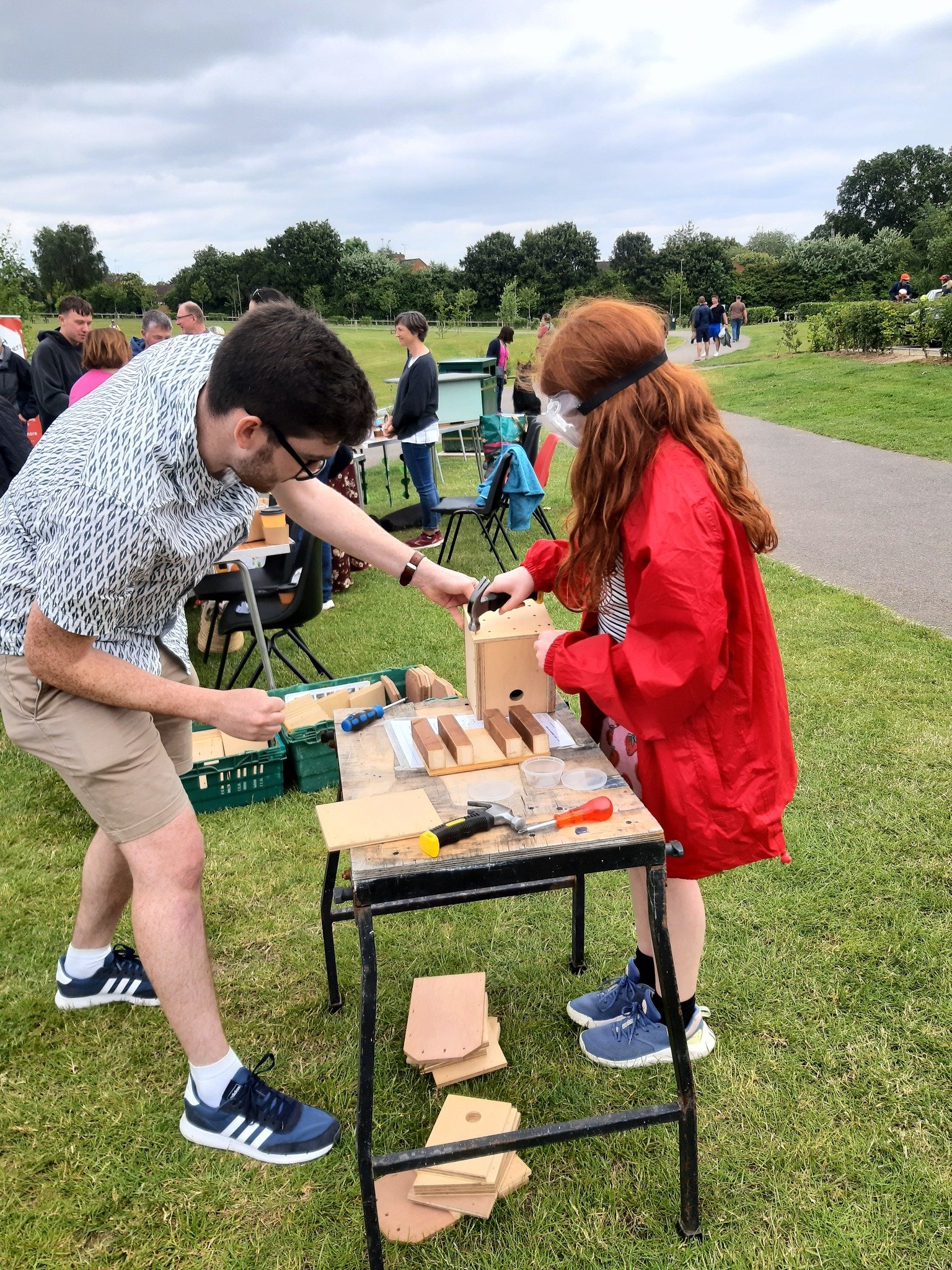Events 2025
In celebration of Great Big Green Week, EcoSoco held a screening of the hit move, Wilding at Peppard War Memorial Hall on Thursday June 5th 2025
The event was a huge success and completely sold out!
***NEW FILM SCREENING***
Six Inches of Soil
Matinee screening of Six inches of Soil Sunday 9th November, doors open at 1.45 with screening promptly at 2.30pm. Tickets £5.00 only available in advance. Please email mailto:ecosocofilm@gmail.com
We are hoping to show other films, if you wish to register your interest for future screenings, please contact ecosocofilm@gmail.com
BBOWT walk on 22nd November
https://www.eventbrite.co.uk/e/community-walk-sonning-common-saturday-22-november-tickets-1757700683059?aff=oddtdtcreator
A free event for BBOWT Community volunteers
Join BBOWT Community Network, EcoSoCo and nature expert; Nicole Clough, for a guided walk around Sonning Common. The aim of our community walk is to bring community volunteers together to explore similar themes, share skills and learn from each others experiences.
Our focus will be on improving biodiversity in a village setting. Together we will explore 3-5 sites around the village of Sonning Common to investigate and identify the opportunities to increase biodiversity at 3 village playgrounds, 1 commercial site and 1 community orchard.
During this friendly, slow paced, morning there will be lots of opportunities to discuss your own green spaces with Nicole and to hear about the work of EcoSoCo in Sonning Common.
PatchWorks
Plant a patch for pollinators.
It works by sowing just one square metre of native UK wildflower and grass seed.
Soil Preparation for Sowing Wildflowers
Clear your square metre – Remove all grass, weeds, and existing plants. Wildflowers need bare soil to germinate successfully.
Rake to a fine tilth – Break up clumps and create a crumbly, level surface, similar to preparing a vegetable seed bed. Prepare the soil 2–4 weeks before sowing.
Water the area lightly if conditions are dry, to encourage weed seeds already in the soil to germinate and, once weeds appear, hoe or lightly rake to remove.
August to September - Sow the seeds thinly and evenly by hand. Lightly press them into the soil by walking over the area with flat-soled shoes. Don’t cover them with too much soil—they need light to germinate.
Water gently – If the weather is dry, water with a fine spray, to avoid disturbing the seeds. Keep the area moist until seedlings establish.
Your patch is now ready for flowering the following year.
Sowing Annual Wildflowers – Aftercare.
Annual wildflowers are generally low maintenance. Water in dry periods, particularly in pots or shallow soils. Remove weeds early on and optionally deadhead some plants to extend the blooming period. However, it is essential to leave some flowers to go to seed for wildlife and to encourage self-seeding.
To encourage self-seeding.
Leave seed heads in place at the end of the season so that seeds can fall naturally. In early spring (February to March), lightly disturb the soil surface to help fallen seeds settle in and germinate. Avoid heavy cultivation, as this may bury the seeds too deep or bring up weed seed instead.
Annual wildflowers are colourful, pollinator-friendly, and adaptable to all sorts of garden spaces. With the right preparation and a little ongoing care, they’ll transform your outdoor area into a vibrant, flower-filled retreat—all within a single season. Their rich nectar and pollen provide a vital food source for bees, butterflies, and other beneficial insects, helping to support local biodiversity and a healthier garden ecosystem.
Click here to find out what’s in the seed pack. Send us photos of your patch and where it’s planted. Together we can create a patchwork map of our area.







